Greece
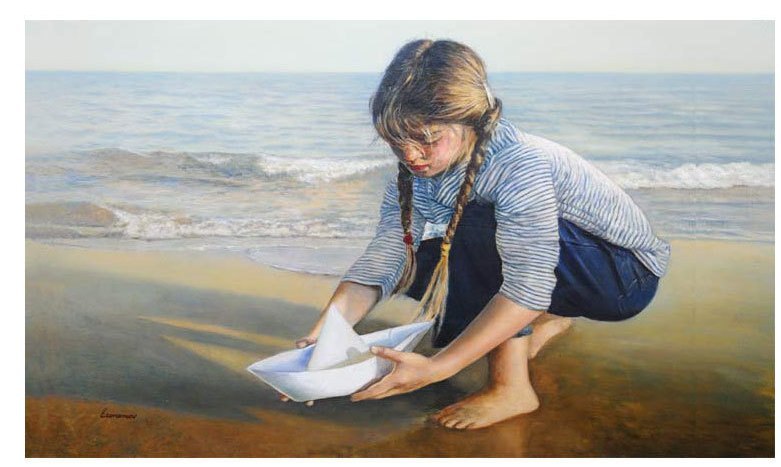

Η Θάλασσά μας, ο Πολιτισμός μας ~ Our Sea, our Culture
" The Sea is .... Greece! My country has been a maritime country for ages.
Do you know that the blue and white lanes of the Greek flag symbolize the blue colour of the sky and the white foam of the waves of the sea? that the 9 lanes stand for the phrase Freedom or Death?"
Natalia, 11 yrs old

Dear friends
Natalia summarises in her simple words the close relationship of the Greeks with the sea and the feeling of freedom the sea has always given to them: freedom to struggle for, in order to keep it or rather die if they lose it; freedom to travel and exchange products and ideas, customs and traditions; freedom to develop a great history and culture, famous in every part of the world.
The Greek history and civilization are inseparably tied with the sea. Greece is a country surrounded by water, by three seas, the Aegean, the Ionian and the Mediterranean Seas and this has always played an important role in our history. Located at the crossroads of East and West, Greece has been found in an environment of tension and conflict quite often.
From Homer to the Venetian and Turkish Occupation and from there to today everything changes in space and time, except for the relation of the Greeks with the sea. They love the sea and the sea has invited them to be fearless seafarers and discover new civilizations while communicating their own culture and language, democracy and philosophy to the places where they sailed.
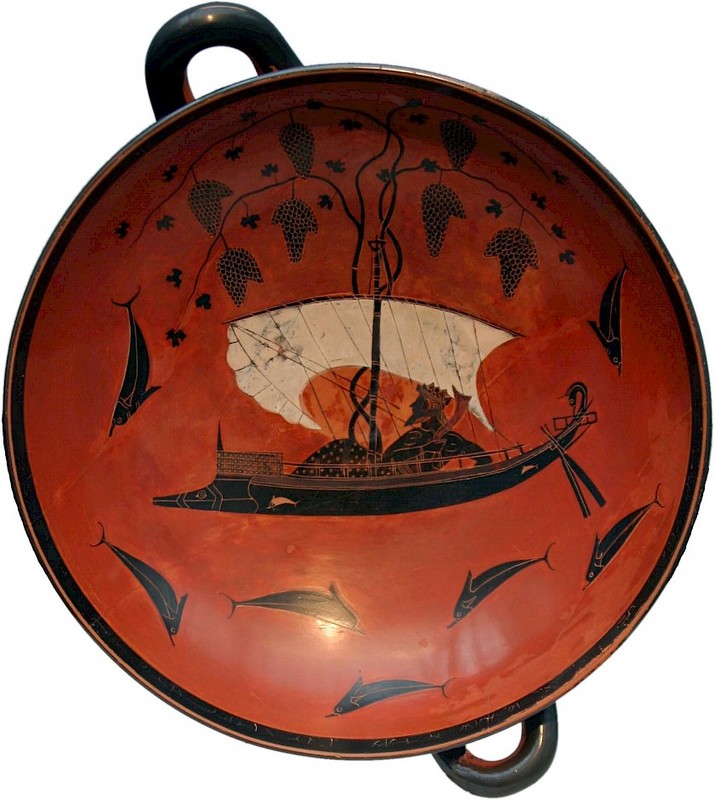
With thousands of islands and islets scattered in the Ionian and Aegean Seas and its endless kilometers of coastline, it’s by no surprise that the Greeks have got a special relationship with the sea from ancient times until today. The navigation in Greece is not a matter of years or centuries, it is a matter of milleniums.
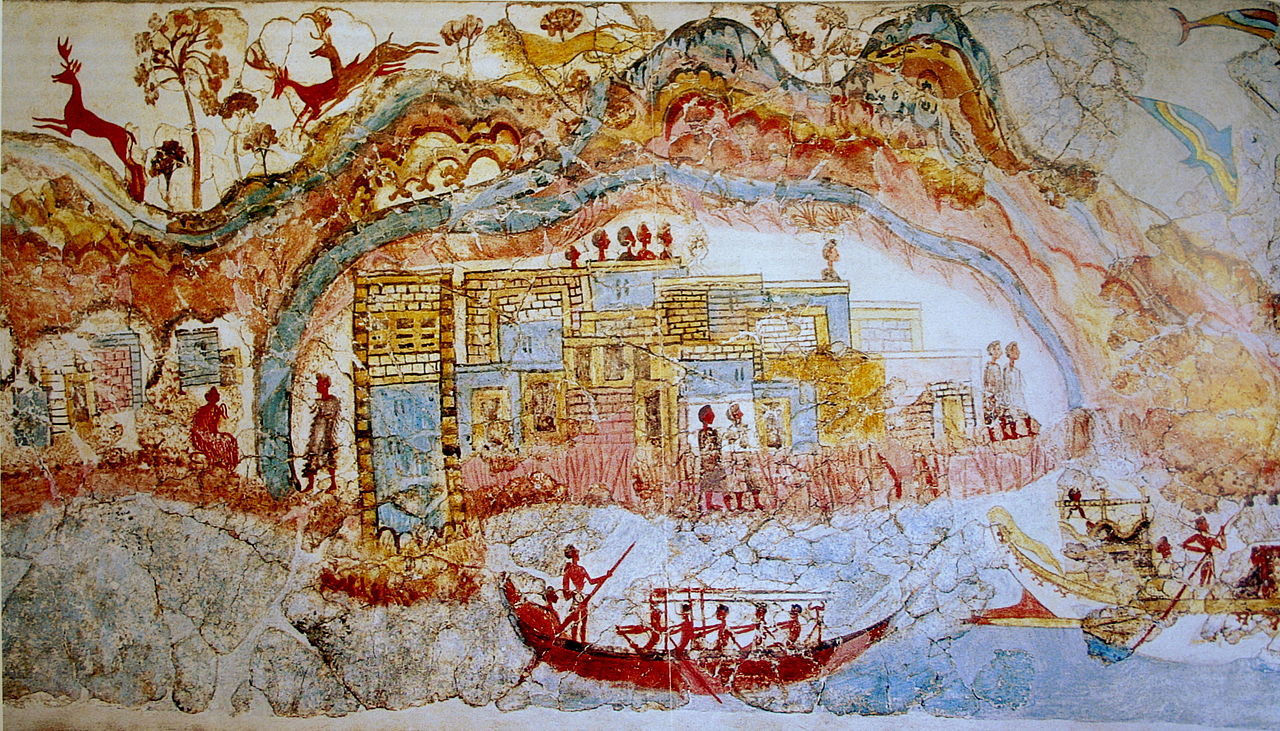
Archaeologists have evidence which prove the fact that the people who lived both on the islands and on coastal Greece had the skills to sail along the Aegean Sea and develop trading since the 8th millennium, the Mesolithic Era. Almost 60 shipwrecks dating from ancient Greece to the 20th century have been found in the Aegean sea. A large number of amphorae (vases) have been recovered, proving the development of trade and the exchange of goods ( olive oil, wheat, wine). Pottery flourished in that period.
Moreover the sea gave them the chance to exchange ideas and knowledge with other ancient nations like the Egyptians, the Phoenicians, the Persians and nations around the Mediterranean.
Archaeologists also believe that the settlement of Poliochni in Lesvos in north-eastern Aegean, is the most ancient city of Europe.
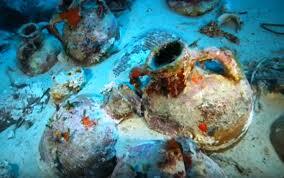


The mild weather and sheltered valleys of the region, along with the early development of seafaring contributed to the rise of the Ancient Greek Civilization. Ancient Greeks were renowned sailors, seeking opportunities for trade and this helped them to gather wealth, gain knowledge and experience from other people and states, source raw materials ( copper, marble, gold,silver) develop admirable technological achievements and expand by establishing colonies across the Mediterranean Sea from Asia Minor to Southern Italy,Sicily, North Africa, southern France and Spain.
Thus, they created the famous ancient Greek Civilization, which has never been overcome by anybody: the Cycladic civilization 3.000 B.C spread in the Aegean Sea, the Minoan (2.400-1450 B.C) and the Mycenaean Civ.(1650-1100 B.C) considered as the first Hellenic Civilization.
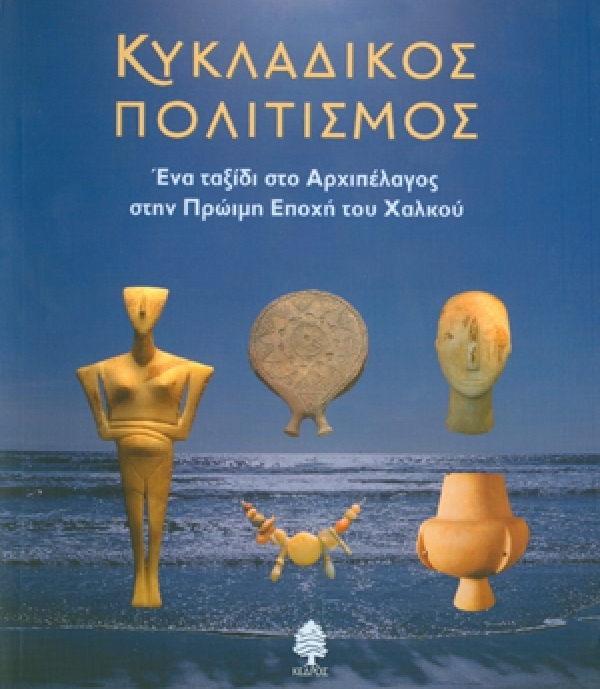

The rise of the Athenian empire and democracy: The period between 750-550 B.C is the time when the boundaries of the Greek world occupy the whole Mediterranean basin with Athens being the central cultural, political, economic and maritime power in the area. It was then that imposing temples were built due to the development of trade and economy.The Parthenon being the most important of them, still remains a symbol of the Western civilization.
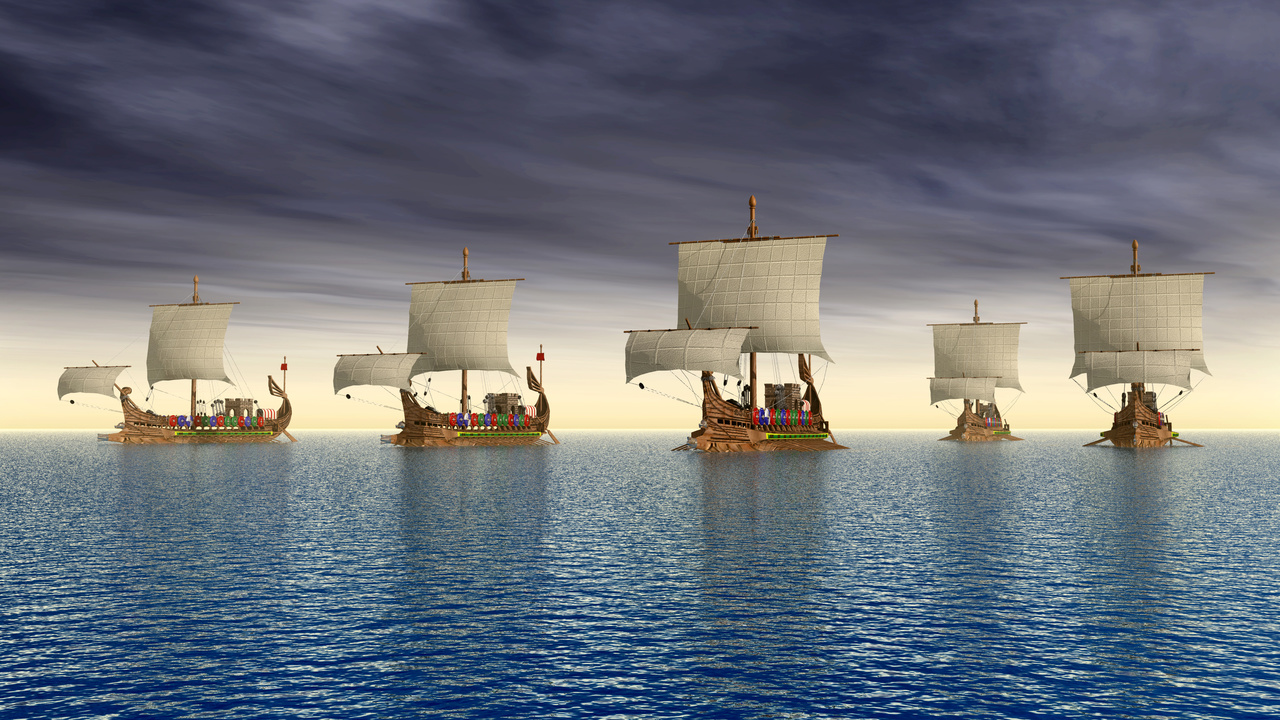
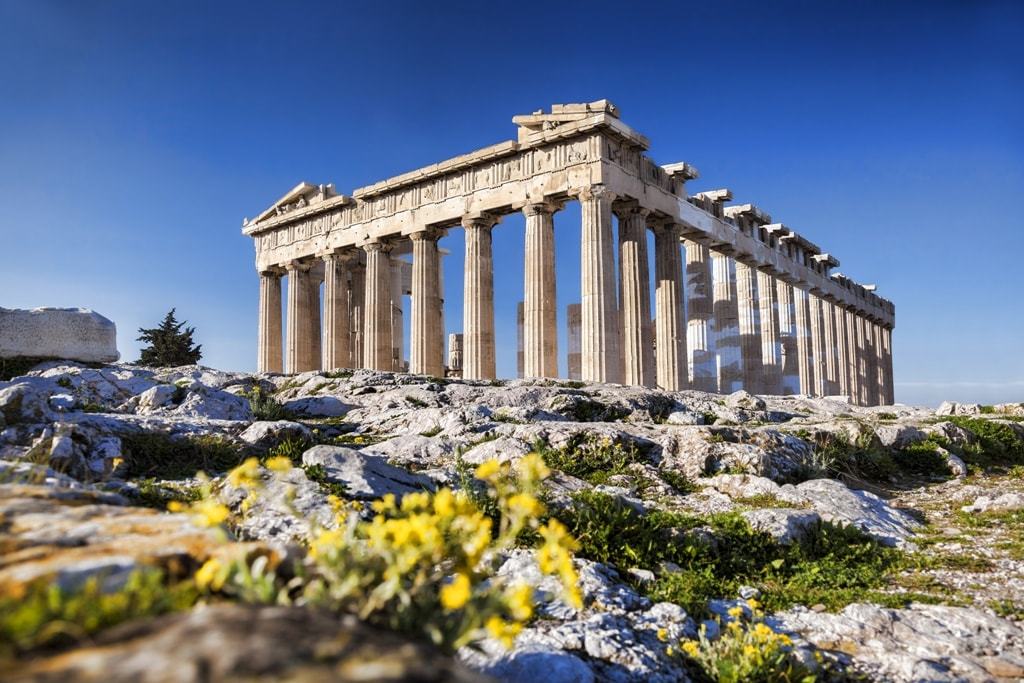
Modern Greek culture is extremely rich and reflects both the geographical position of the country, located at a crossroads between the West and the East as well as the great and turbulent Greek history that is lost in the depths of ages. A lot of nations tried to use the sea as a bridge to conquer our country but in vain; Persians, Romans,Venetians,Ottomans.
The victory of the Greek fleet against the Persians during the naval battle of Salamis, near Athens (480 B.C) is considered to be one of the most important battles in human history which signals the beginning of the Western civilization. According to historians, if the Persians had defeated Salamis, the development of Greece would have stopped, and therefore Western civilization would not be what it is today.
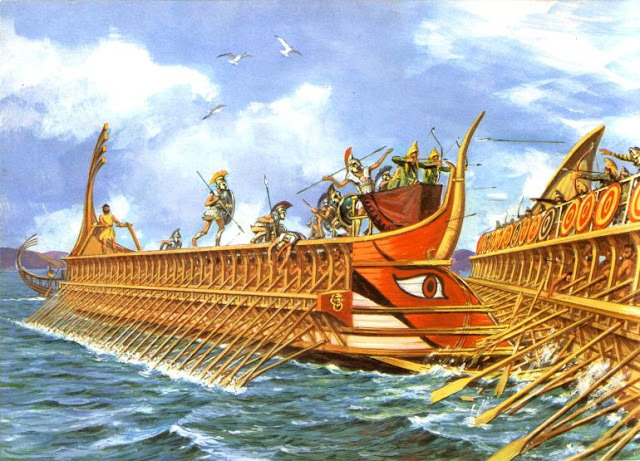
In the latest period of Greek history, it is no coincidence that National Independence after the 1821 Greek Revolution was certified at sea with a glorious naval battle against the Turkish fleet, the Navarino Naval War in 1827. The merchant sailing boats of islands of Hydra, Spetses and Psara which helped in the development of the local economy until then, were successfully involved in the independence war later.
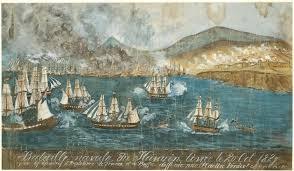
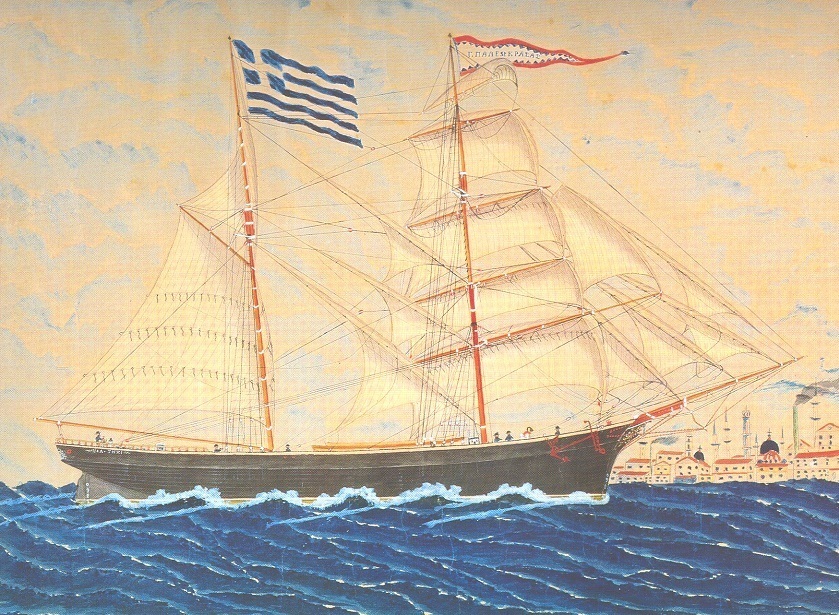
Modern Times
During the World War I and II, Both the Greek Merchant Marine as well as the Hellenic Navy played together very important roles on the side of the Allies during World Wars I and II. Their contribution to the allied war effort was very substantial and of great significance and associated heavy sacrifice in men and ships.
 The Warship "Averof"
The Warship "Averof"
Nowadays Greece has continued to strengthen its position as the largest ship owning nation in recent years, currently controlling 18% of the world fleet.
The port of Piraeus, the largest in Greece, is also one of the largest ports in the Mediterranean Sea and in the world.
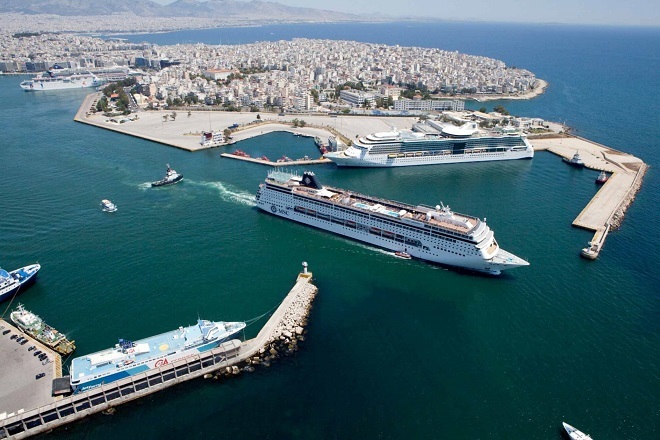
The sea as a factor of prosperity
Τhe sea has always helped the Greek people make progress and earn a living.
The way the ancient islanders made a living, was not much different from modern way of living: ship-building ,farming, olive and vine growing, hunting, fishing and sailing; they were fishermen, tradesmen, sailors.Fish species fished by the Aegean fishermen 10,000 years ago are almost the same as those fished by coastal fishermen today.

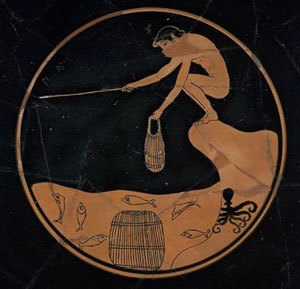
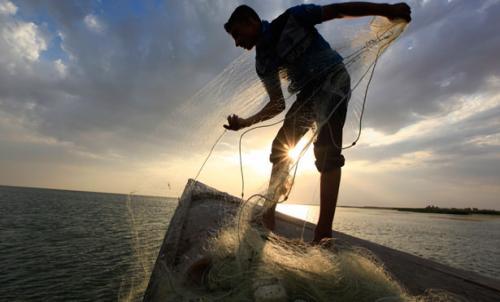
In the Greek seas, fishing is an activity of fundamental importance for the islands and coastal communities by supporting nutritionally, professionally, socially and economically the inhabitants of these areas,while providing with fish the rest of Greece and a large number of European markets.
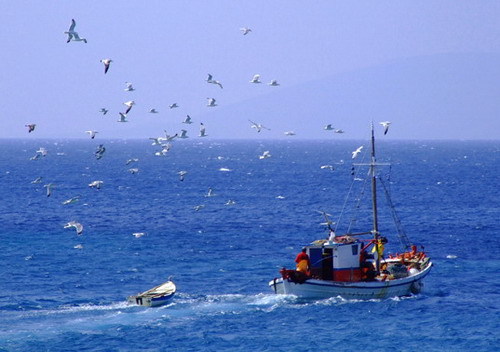
The Greek economy has developed due to tourism as it is one of the country's most important sectors. Greece has been a major tourist destination and attraction in Europe since antiquity, for its rich culture and history which is reflected in a large part by its 18 UNESCO World Heritage Sites among the most in Europe and the world. Its long coastline and many islands with crystal clear waters and sandy beaches, appropriate for safe or extreme water sports, have been everyone's dream for a summer vacation.
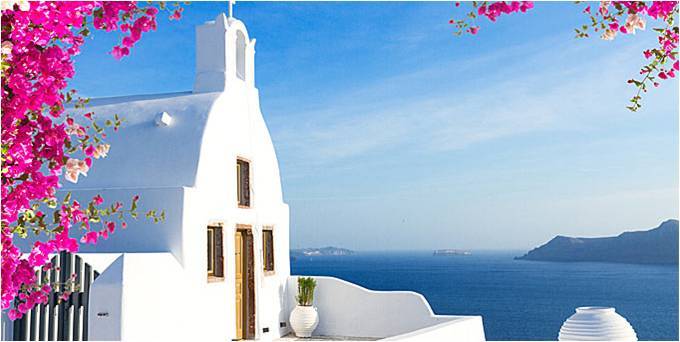
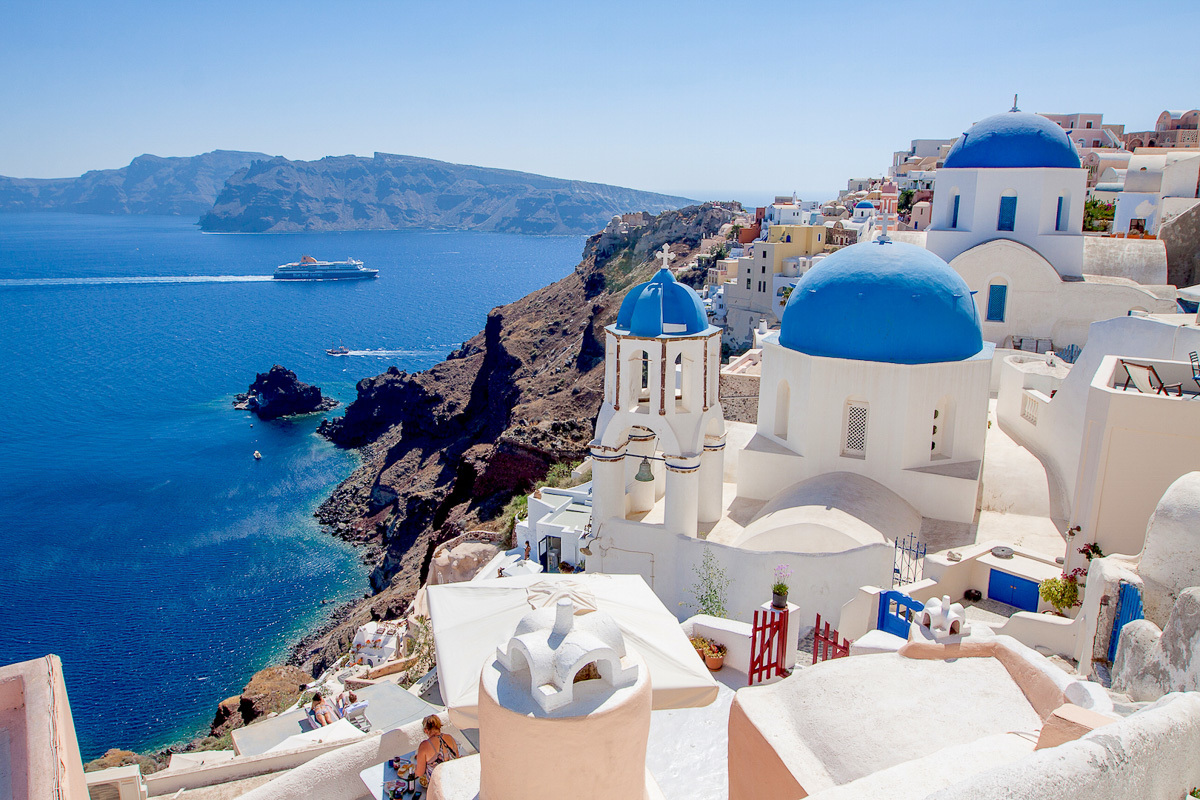

Temples dedicated to Poseidon , (above) the god of the sea, are still standing side by side with the white churches dedicated to Panagia( Virgin Mary) and Saint Nicholas, the protector Saint of the seamen in the Christian Orthodox Faith. The sea brought Apostle Paul to Greece to talk about the new religion and Jesus Christ on the altar of the unknown god until then.


Numerous lighthouses of unique architecture are protected as cultural heritage monuments being a trademark of Greece and ambassadors of our naval tradition.
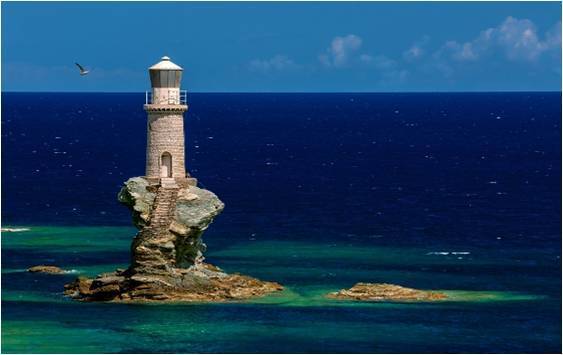
The sea has undoubtedly influenced the Greek culture in every aspect of life: language and religion, legends and stories,customs and traditions , daily habits, proffessions, eating habits and outfits,festivals, music, songs and dances, literature and poetry,social and political life, art and science, technological achievements.
What is more important,however, is the fact that the sea has made the Greek people more open-minded to new ideas and lifestyles, more loving, kind and caring, always ready to offer their help to foreigners, refugees or immigrants who sail to our country, seeking a better life.
They don't forget that they have been refugees and immigrants themselves in the past and they can't deny their solidarity and hospitality to everyone in need like this old lady from Lesvos who is taking care of this baby,as he has just arrived to her island after sailing for hours or even days in the sea.

What is also admirable is the fact that the Greek people have managed to keep their own cultural characteristics without rejecting those coming from different cultural backgrounds.
We are a nation whose existence is connected with the sea and as such we will sail ahead in time.
For a detailed reference to the impact of the sea on the history of the Greek civilization, which is considered to be the cradle of the Western Civilization ,please take a look at the attached file below .
Thank you!